Advocates to push accountability for diversity, inclusion after lack of focus in Carney’s cabinet, mandate letter
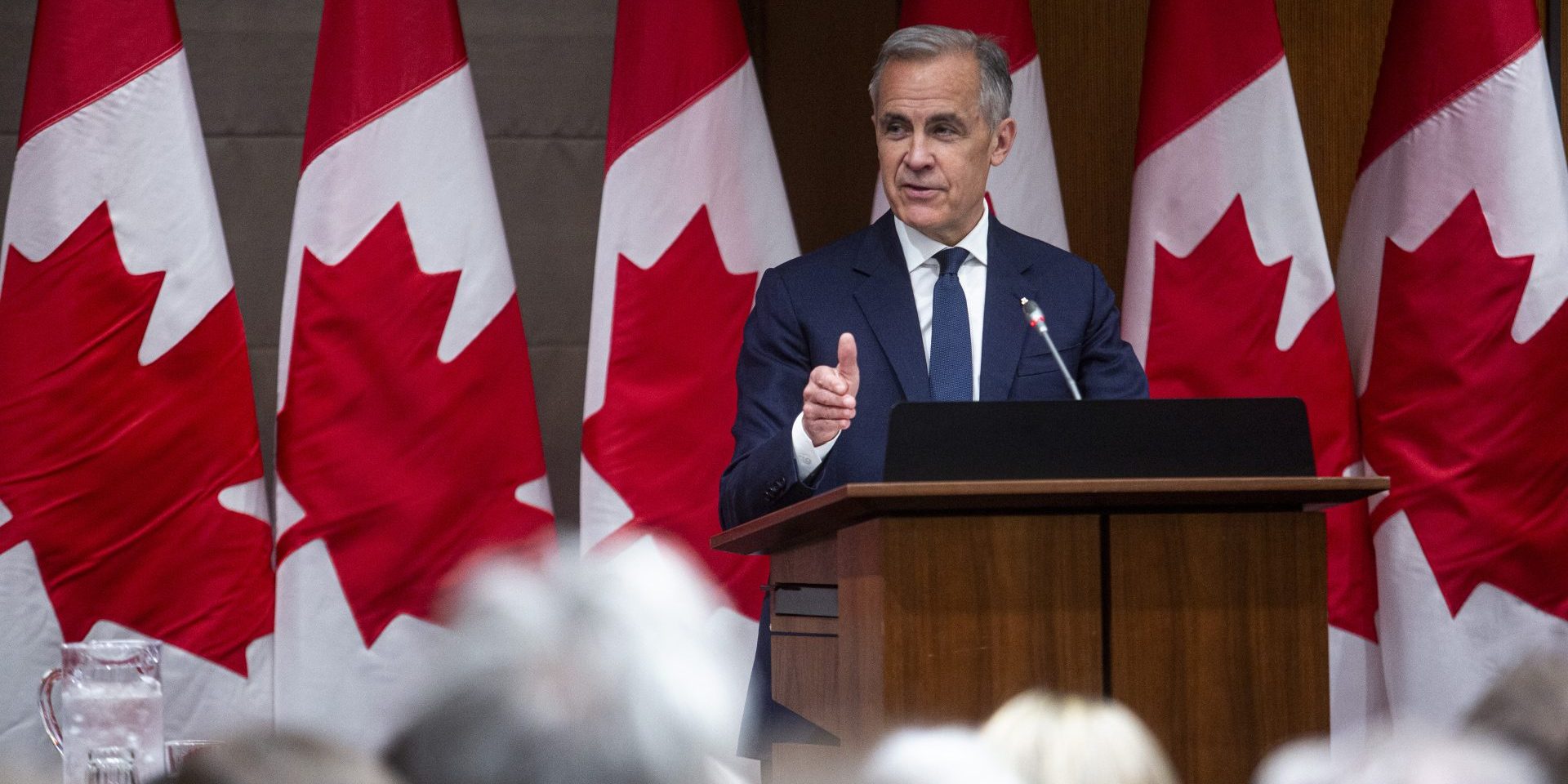
Despite a noticeable dearth of focus on identity and issues concerning vulnerable Canadians in Prime Minister Mark Carney’s new cabinet and their collective mandate letter, advocates and strategists say his quieter commitment to Canadian values should be judged by its actions, not words.
Since forming his first post-election cabinet on May 13, political observers and community advocates have raised concerns over notable omissions and perceived oversights in representation in those Prime Minister Carney (Nepean, Ont.) has appointed and to which roles.
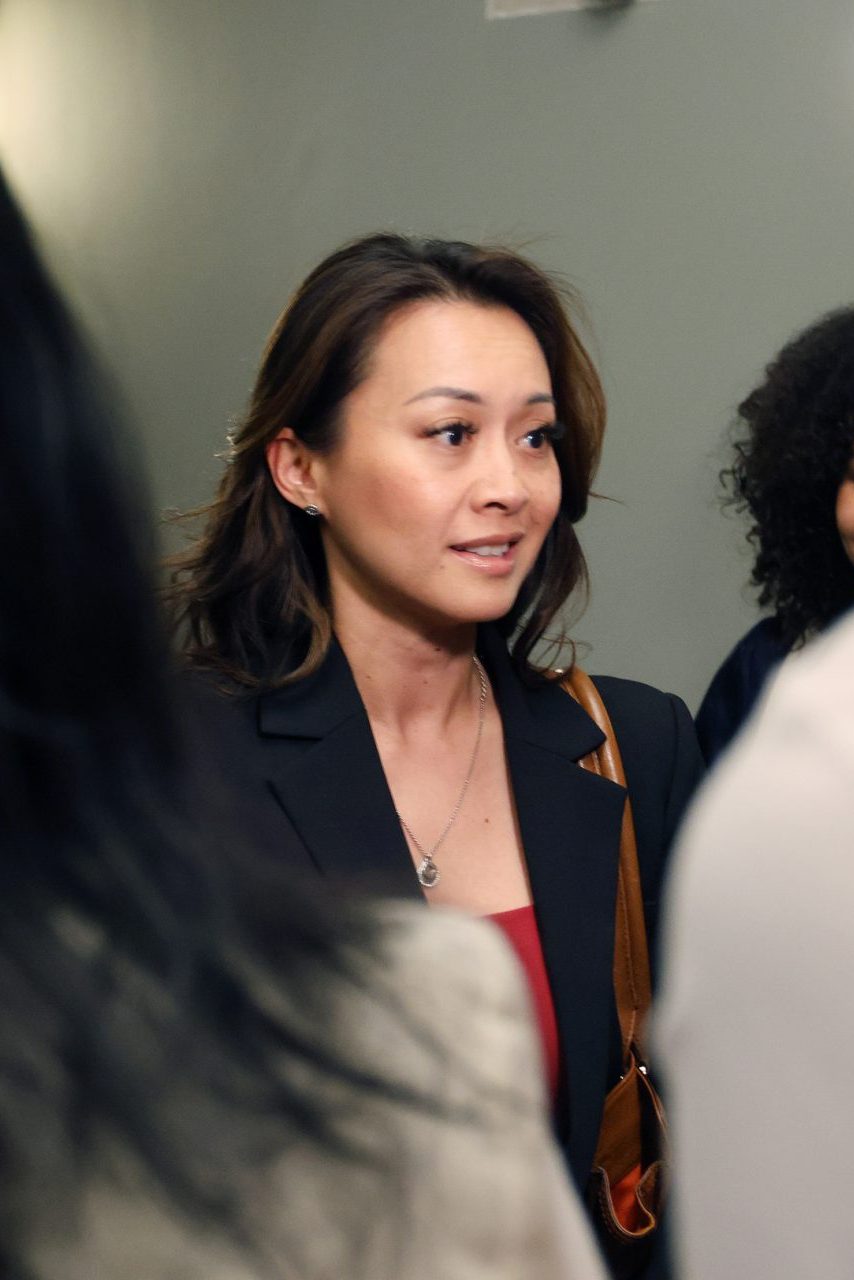
Carney’s first cabinet sworn in on March 14 ahead of the April 28 election did not include a dedicated minister of diversity, inclusion and persons with disabilities, youth, or seniors, all of which were folded into other ministerial files. That cabinet was also criticized for a lack of a dedicated minister responsible for women and gender equality, and labour, but those roles have since been re-established in Carney’s latest cabinet, with the appointment of Women and Gender Equality Minister Rechie Valdez (Mississauga–Streetsville, Ont.), and Secretary of State for Labour John Zerucelli (Etobicoke North, Ont.). Liberal MP Stephanie McLean (Esquimalt–Saanich–Sooke, B.C.) was named secretary of state for seniors, while Anna Gainey (Notre-Dame-de-Grâce–Westmount, Que.) was given the secretary of state post for children and youth.
Despite those re-established roles, advocates for those vulnerable communities and groups without explicit representations remain concerned that the new Liberal government’s focus on a collective “one Canadian economy” will overshadow and de-prioritize their individual needs.
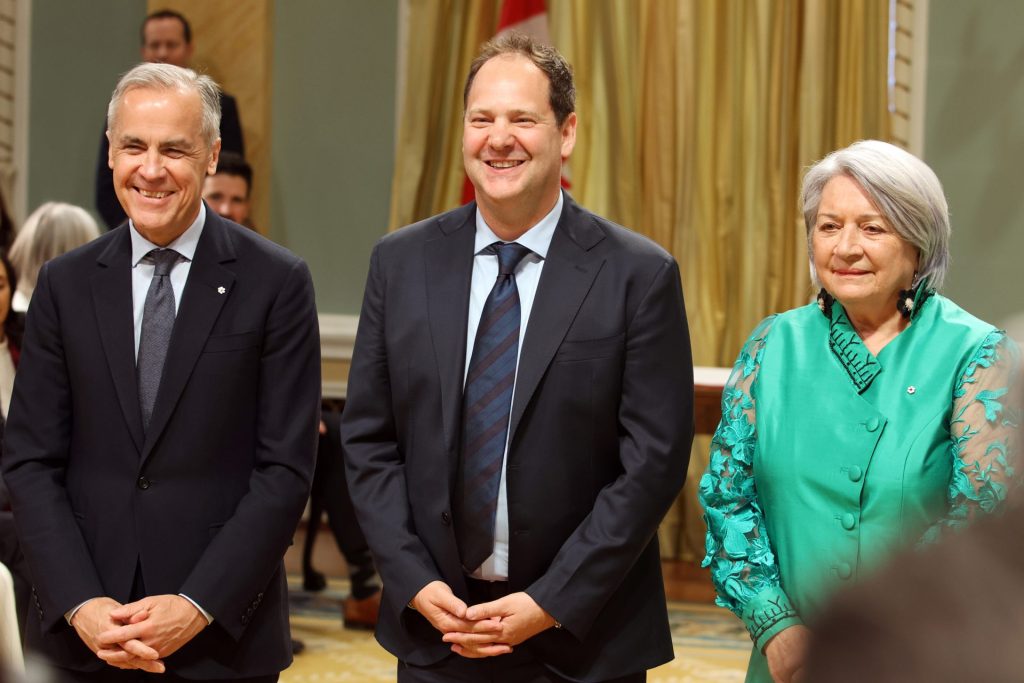
Many of those concerns were only heightened when Carney provided his new ministers with a single, collective mandate letter on May 21, highlighting the government’s seven core priorities. Those priorities include establishing a “new economic and security relationship” with the United States, alongside strengthening collaboration with “reliable trading partners and allies around the world”; building a unified Canadian economy”; reducing costs; making housing more affordable; “protecting Canadian sovereignty and keeping Canadians safe”; reducing immigration rates; and “spending less on government operations.”
In a press conference on Parliament Hill following a two-day cabinet retreat at Meech Lake in Quebec, Carney told reporters the letter reflects “the mandate Canadians have given us” following the Liberals’ election win last month.
The letter also directs his ministers to assess how they can contribute to those priorities while fulfilling their core responsibilities. They will be “expected and empowered to lead and to bring new ideas, clear focus, and decisive action” to their work, and asked to identify the “ key goals and measures of success on which to evaluate the results” they receive.
The cabinet committees Carney unveiled on May 13—including Operations and Parliamentary Affairs, Treasury Board, Build Canada, Government Transformation/Efficiency, Secure and Sovereign Canada, and Quality of Life and Well-Being—will also be expected to “drive and monitor” progress. The new Priorities, Planning and Strategy Committee, which Carney will chair alongside the National Security Council, will provide oversight of those committees alongside direction from the whole cabinet.
Speaking with The Hill Times on background, advocates for vulnerable communities said that while they had taken some hope from the corrections to Carney’s post-election cabinet and the commitments the Liberals had made during the election, the lack of individual mandate letters and the complete lack of their communities’ concerns in the single letter ministers did receive has only exacerbated their concerns and frustrations.
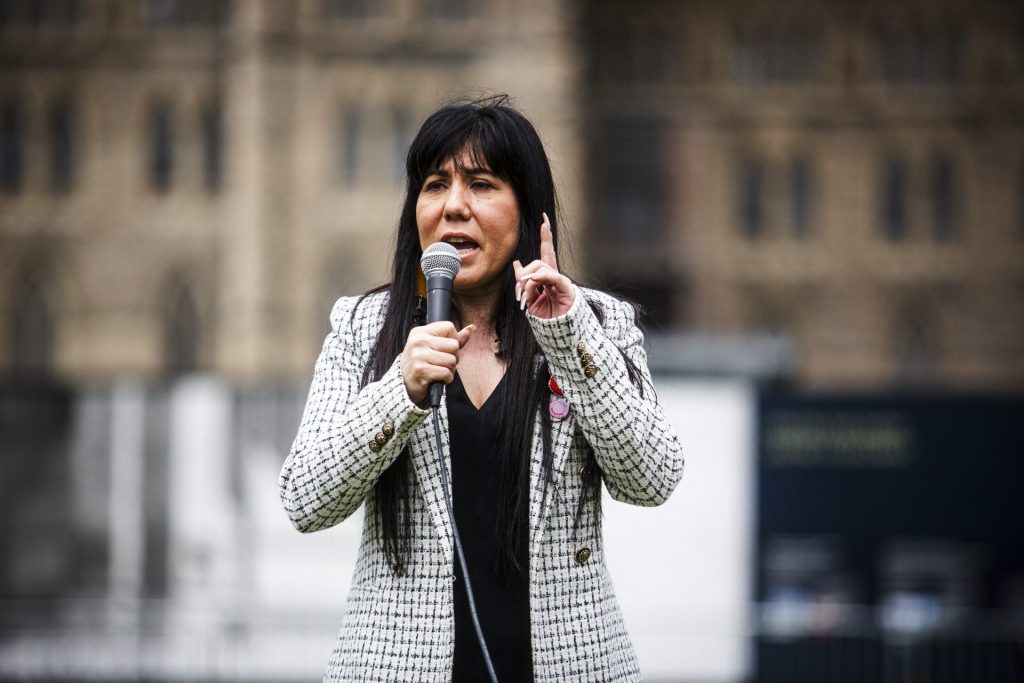
NDP MP Leah Gazan (Winnipeg Centre, Man.) told The Hill Times that Carney’s cabinet and the mandate letter demonstrate that he “does not prioritize representation and accountability in his government.”
“Prime Minister Carney eliminated positions in his cabinet representing workers, seniors, youth, and people with disabilities, groups which are most impacted by ongoing economic insecurity, then he tried to avoid tabling a budget, treating government finances like a big private bank where spending isn’t voted on democratically, and now, he’s refused to set clear, transparent standards for ministers’ performances by issuing just one mandate letter for nearly 30 ministerial roles,” Gazan wrote in an email. “If the Liberals want to stand up to [United States President Donald] Trump’s authoritarianism, they should reaffirm their commitment to democracy, not follow his example.”
LGBTQ+ activist Fae Johnstone, executive director of Queer Momentum, said that while she was encouraged by the re-appointment of a women and gender equality minister post-election, it is disappointing to see the lack of focus on vulnerable communities or a specific mandate letter.
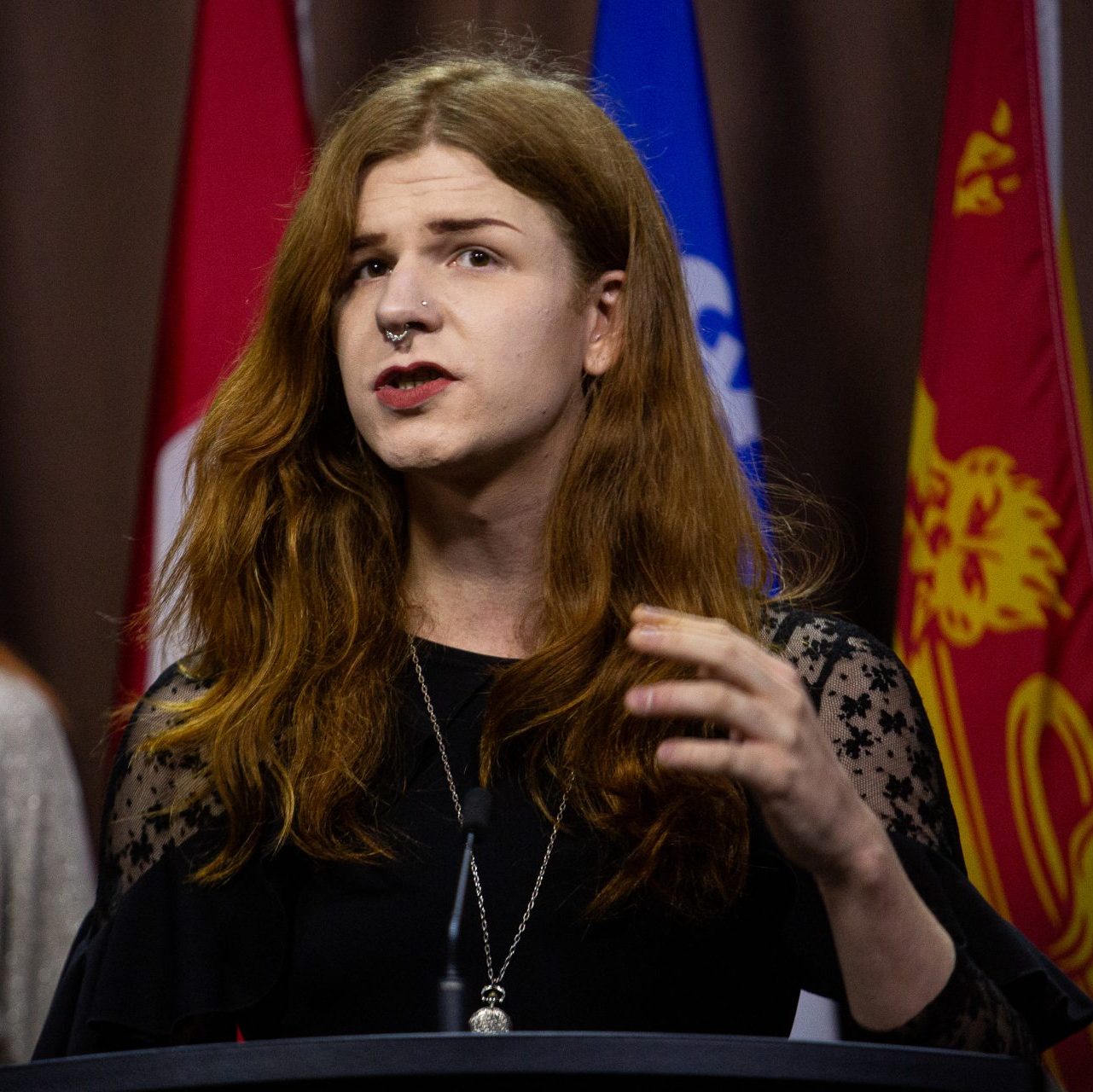
Johnstone said she is concerned Carney’s government may be avoiding more explicit mention of identity issues, given the rising levels of polarization, particularly south of the border, but warned that if the Liberals don’t talk about it, the conversation will just be dominated by their opponents.
“Canadians are not just cogs in an economic machine, and they want to see their leaders speaking up for their values,” Johnstone said. “That means Prime Minister Carney needs to speak up for us, and continue the work to advance equality and uphold freedom and human rights.”
However, despite the less-explicit centring of social issues compared to Carney’s predecessor Justin Trudeau, Johnstone said she is willing to “wait and watch to see if Carney puts money and policy where his mouth is,” pointing to the “Protect Canada” section in the Liberals’ election platform, detailing numerous commitments to Canada’s youth, seniors, women, LGBTQ+ Canadians, Indigenous and First Nations communities, and other communities protected by the Canadian Charter of Rights and Freedoms.
“We’re going to hold this government accountable, push them to do more for trans people and their families, and help ensure that the millions of Canadians who believe in that better future are speaking up with us,” Johnstone said, adding that she remains optimistic that Carney will be receptive to that pressure.
“It’s a big contrast to Trudeau’s style where the symbolism and inclusion of ministers was very important, but he struggled when it wasn’t fluffy; whereas Carney is a lot more grounded,” Johnstone said. “It’ll be hard for us because it’s a different economic outlook, so we’ll have to prove the value of every dollar, but I am hopeful for a government that shows up with a plan that isn’t just symbolism but has a material impact on people’s lives that we need.”
In a statement to The Hill Times, Valdez’s office said the priorities the Liberals campaigned on would continue to guide their government.
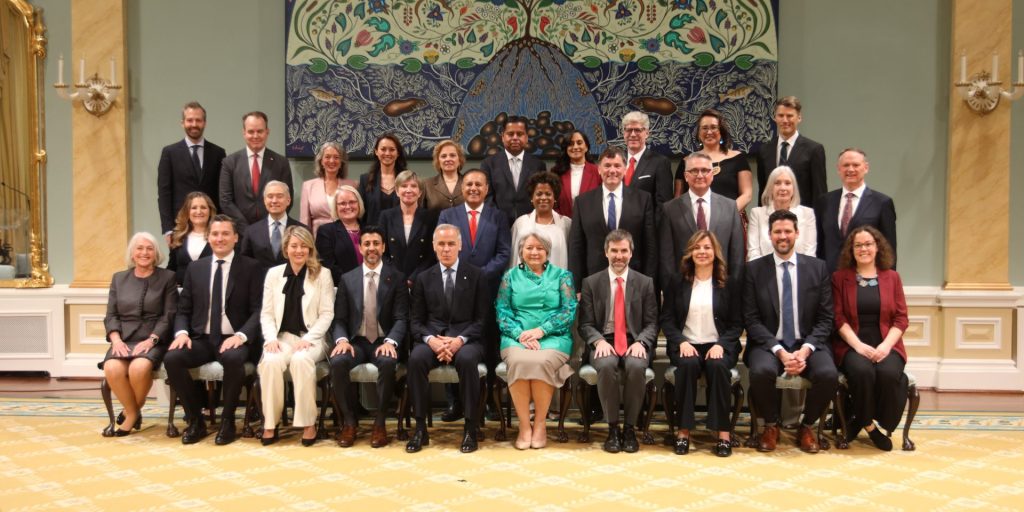
“We will continue to care for the most vulnerable among us and strive for a better future for all,” wrote spokesperson Yana Titarenko. “Women and 2SLGBTQIA+ communities contribute to all aspects of the Canadian economy, and supporting their growth will positively impact all Canadians.”
Focus on underserved communities a strength, not a distraction from Liberals’ message: LaForce
Former Liberal staffer Kait LaForce, now a member of the Ottawa Disability Coalition board of directors, told The Hill Times that the absence of a dedicated disability and inclusion minister is a “missed opportunity,” but there is still time for Carney to show he is “listening, learning, and ready to do better.”
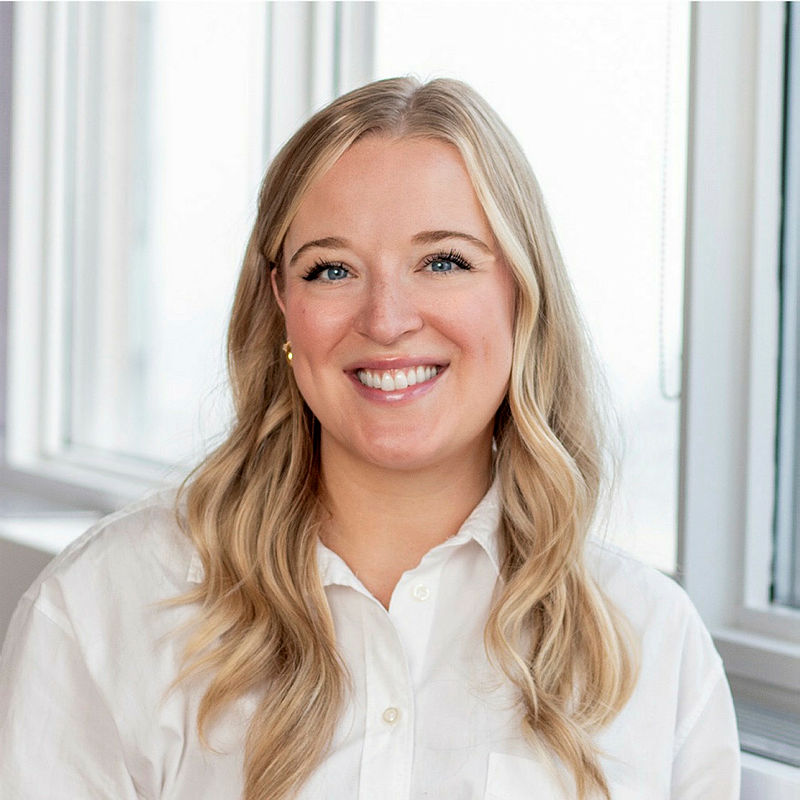
“Calling attention to the needs of marginalized and underserved communities doesn’t detract from Prime Minister Carney’s message; it strengthens it,” explained LaForce, a senior consultant with Summa Strategies. “[Carney’s] leadership aspirations are rooted in fairness and building a Canada that works for everyone. To fully deliver on that vision, equity and inclusion must be at the heart of the government’s agenda, not as secondary issues, but as essential pillars.”
Last week, The Hill Times reported disability advocates had been left “scared, anxious, and horrified” by the lack of representation around the cabinet table, particularly as Carney’s government is set to roll out what they call an “inadequate” Canada Disability Benefit (CDB).
The CDB—which opened for applications on May 15 and will begin payments on July 1—provides up to $200 a month, depending on household income. It is only available to those who receive the existing Disability Tax Credit and requires doctors to fill out a lengthy assessment form.
Donna Jodhan of Barrier Free Canada said the lack of a dedicated minister came as a shock to the community, particularly as it had been represented in cabinet since 2015, with then-Liberal MP Carla Qualtrough, a three-time Paralympic medalist and former human rights lawyer, holding the position alongside the sport portfolio.
Qualtrough was responsible for the accessibility file for much of her political career, including from 2015 to August 2017 and from July 2018 to July 2023. During that time, Qualtrough led the adoption of the Accessible Canada Act in 2019, which prohibits disability-based discrimination in the federal public service, Crown corporations, and all federally regulated organizations. She was succeeded in the role by then-MP Kamal Khera following a summer 2023 cabinet shuffle. Khera held the portfolio until Carney named his first cabinet this past March.
In a statement to The Hill Times, the Prime Minister’s Office wrote that the Liberal government’s work to support Canadians living with disabilities will be led by Jobs and Families Minister Patty Hajdu (Thunder Bay–Superior North, Ont.) “to address long-standing inequities, biases, and systemic discrimination against persons with disabilities within the justice system and before the law.” Canadian Identity and Culture Minister Steven Guilbeault (Laurier–Sainte-Marie, Que.) will lead the work to “promote diversity, including our commitment to confront systemic barriers and create opportunities for Indigenous Peoples, Black Canadians, and racialized communities, as well as make funding permanent for the 2SLGBTQI+ Community Capacity Fund.”
“Canadians elected our government to stand up for the Canadian Charter of Rights and Freedoms, [protect] the values it was founded on, which are under threat, and [ensure] the protection of our most vulnerable people,” wrote PMO spokesperson Jean-Christophe Armstrong. “We will build an economy—and a country—that serves everyone.”
Employment and Social Development Canada told The Hill Times that disability inclusion remains a “top priority” for the department as it is a “focal point” of the government’s work “to promote the full inclusion and participation of Canadians with disabilities in all aspects of society and community life.”
“Minister Hajdu looks forward to learning about the achievements and valuable contributions of persons with disabilities, and recognizing the efforts of individuals, organizations and communities who work tirelessly to remove barriers to accessibility and inclusion across the country,” wrote department spokesperson Maja Stefanovska, pointing to the minister’s May 25 statement launching National Accessibility Week. “[We] will continue to build on the actions taken in recent years to achieve a truly inclusive, equitable, and sustainable future for persons with disabilities in Canada by 2040.”
Regarding advocates’ calls for expanding access to the CDB or increasing the benefit payout, Stefanovska wrote that the government values the community’s feedback on the benefit’s design, and “remains committed to ensuring that all eligible Canadians with disabilities are better off because of [it].”
However, while “titles matter, action and direct support matter more,” LaForce said, noting that she is hopeful Hajdu will ensure “disability issues will receive the serious attention they need.”
Furthermore, LaForce said advocates like her will hold Hajdu and the Liberal government accountable for the “meaningful promises” they made in the party’s election platform, including commitments to reform the application process for the disability tax credit and develop a Disability Justice Framework.
While LaForce said Canadians with disabilities welcome the rollout of the “hard-fought” CDB and those campaign commitments, they also know their work is “far from done” and that the reforms and framework development will need to be “heavily consulted” on by the community and ally organizations to ensure that access is “fair, inclusive, and grounded in lived experience.”
The Hill Times






 LICENSING
LICENSING PODCAST
PODCAST ALERTS
ALERTS













